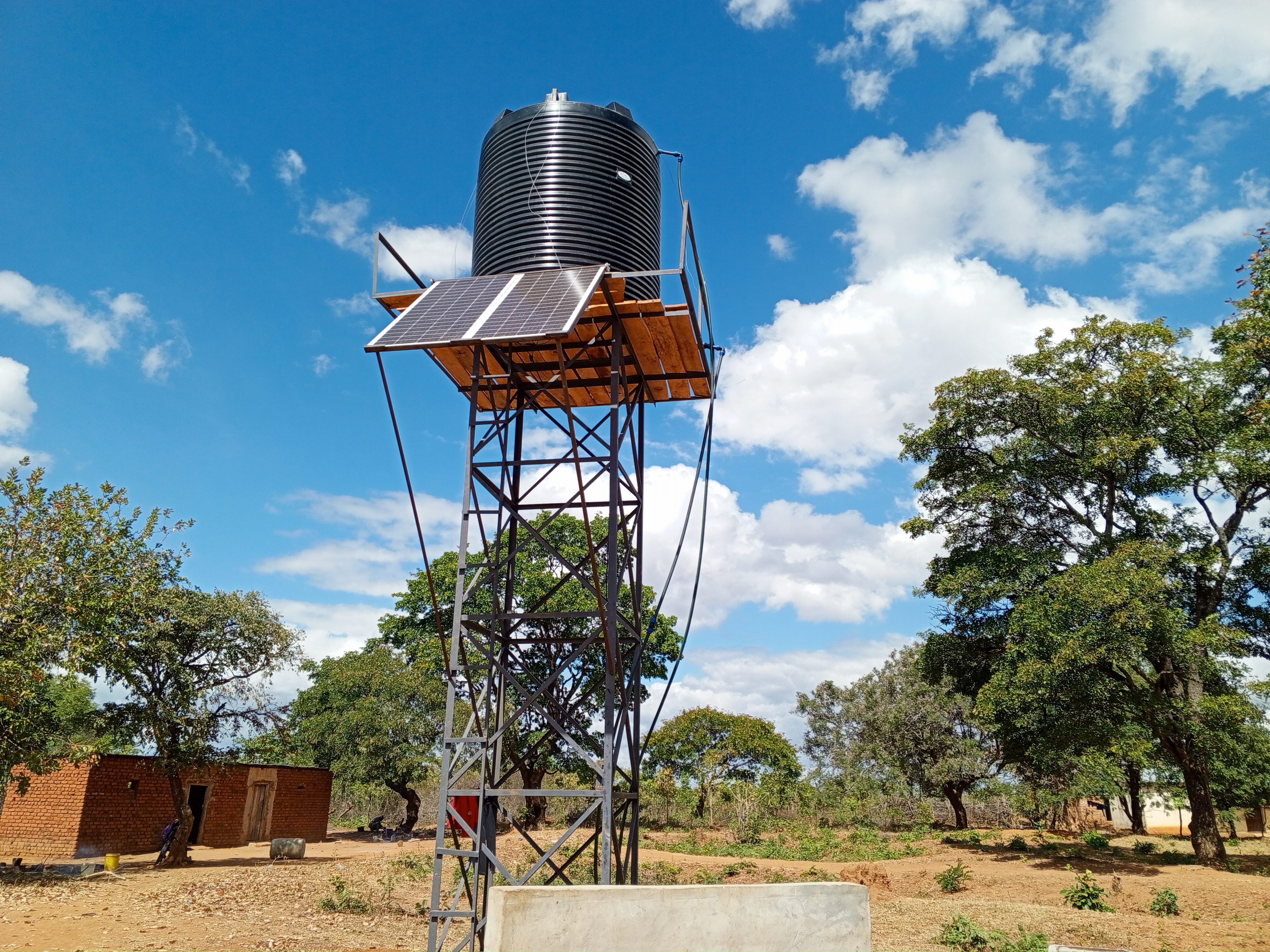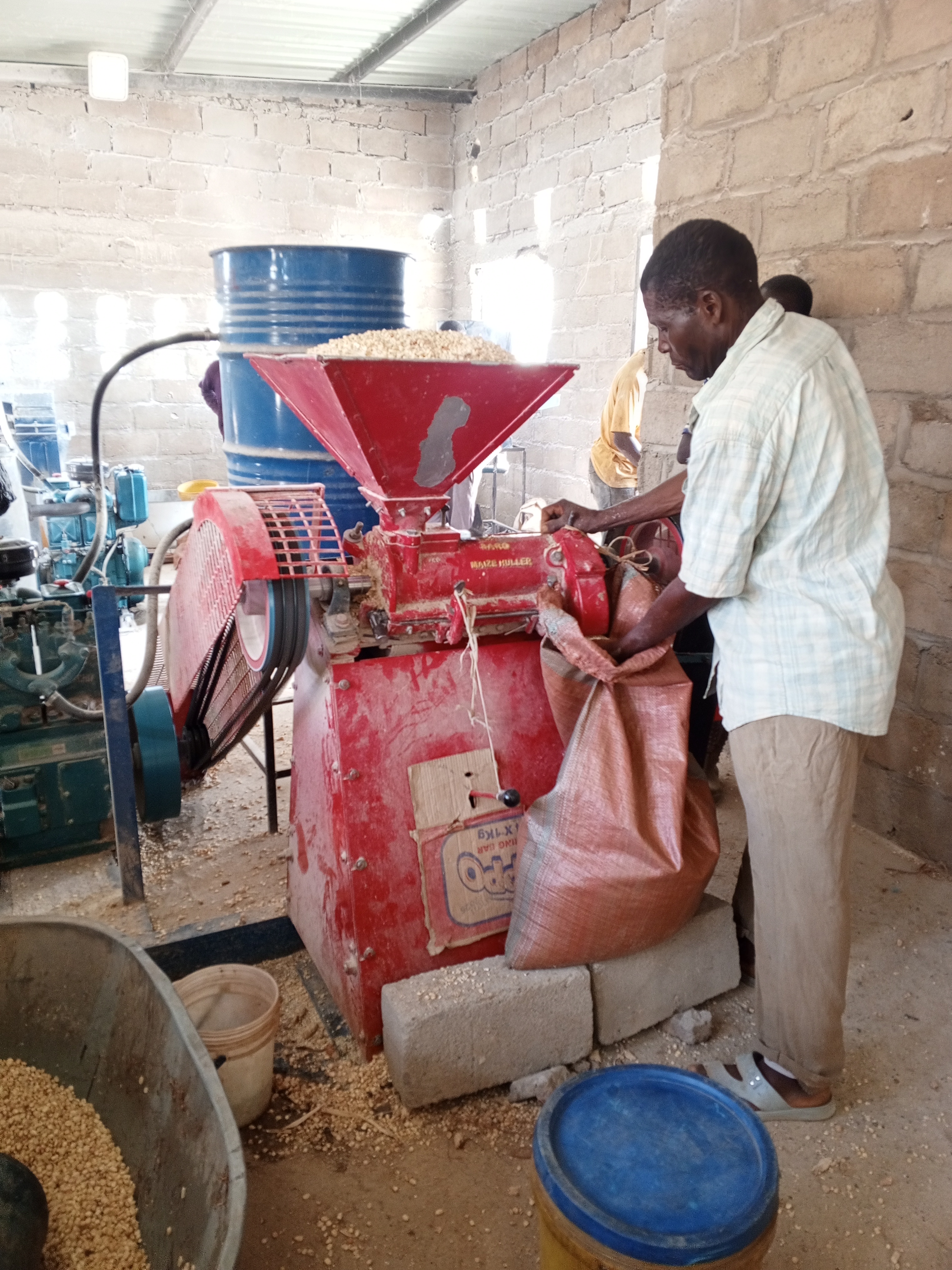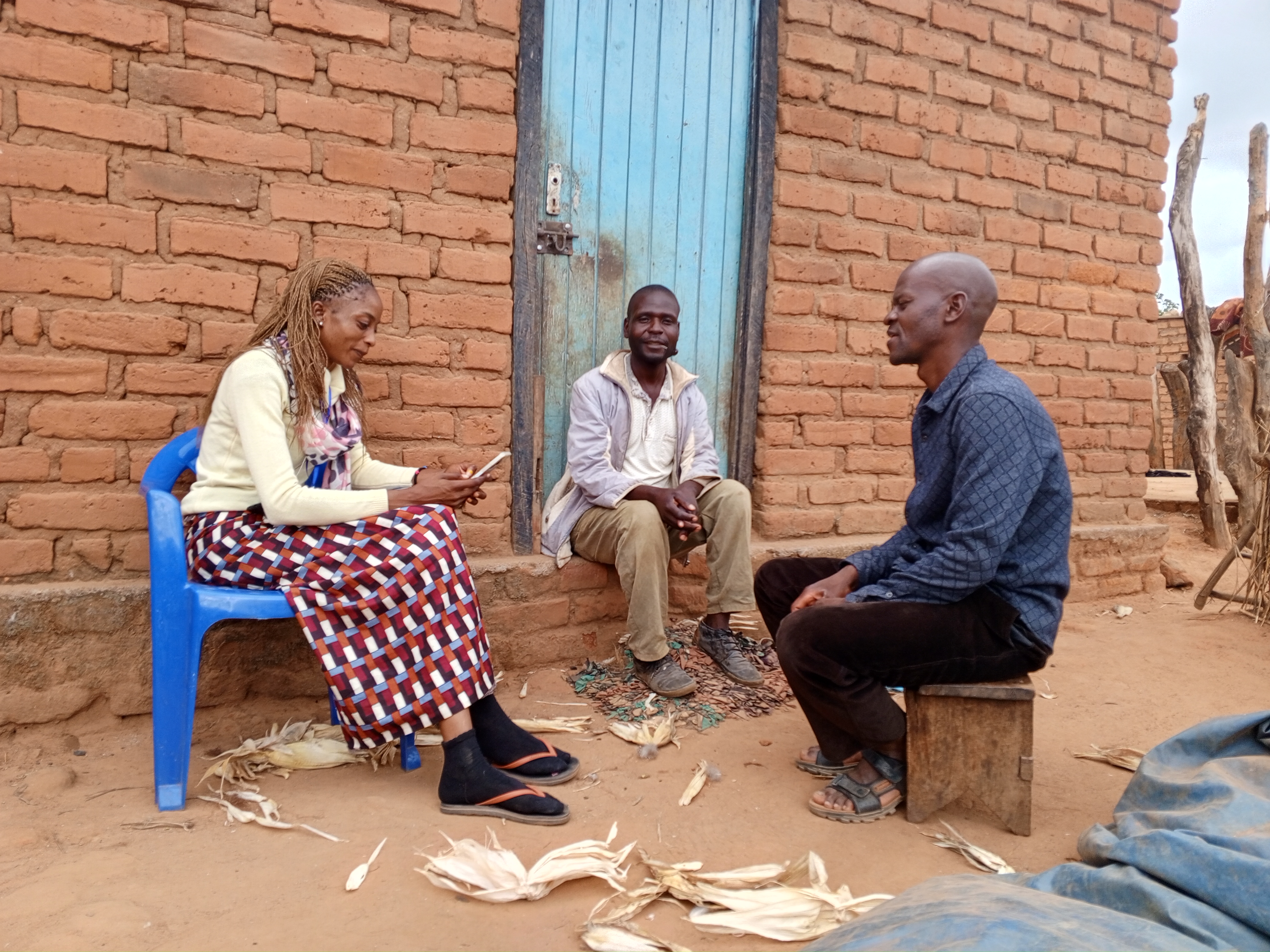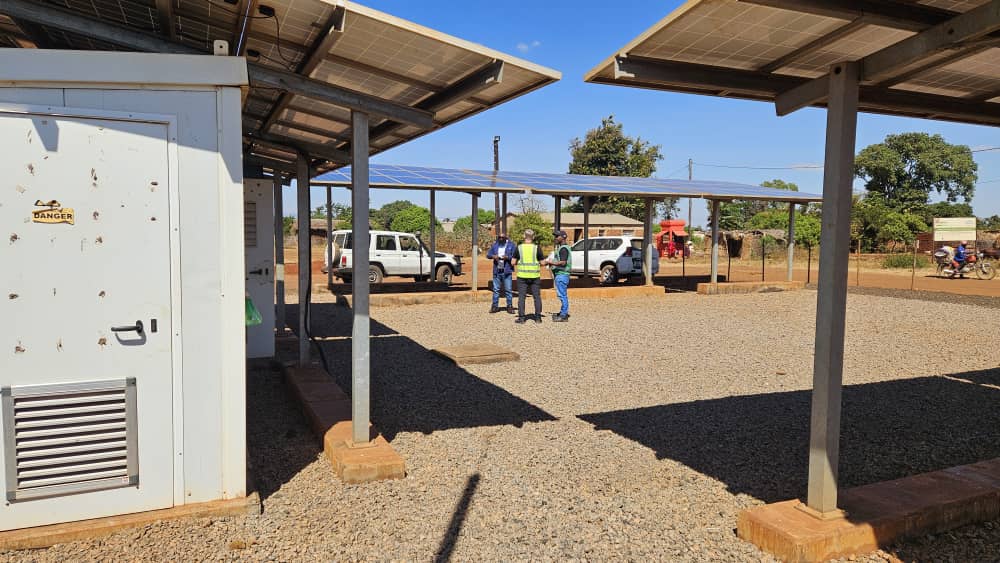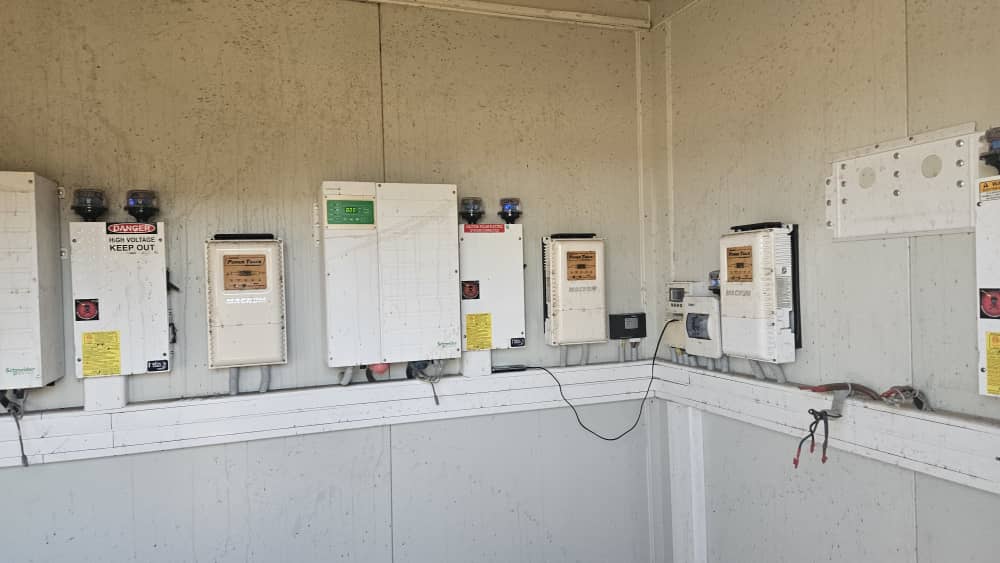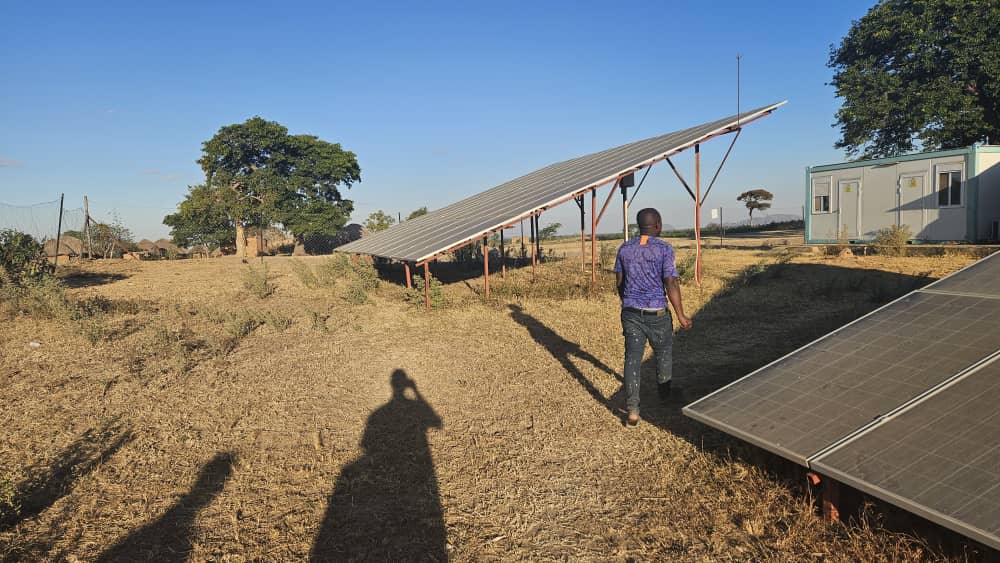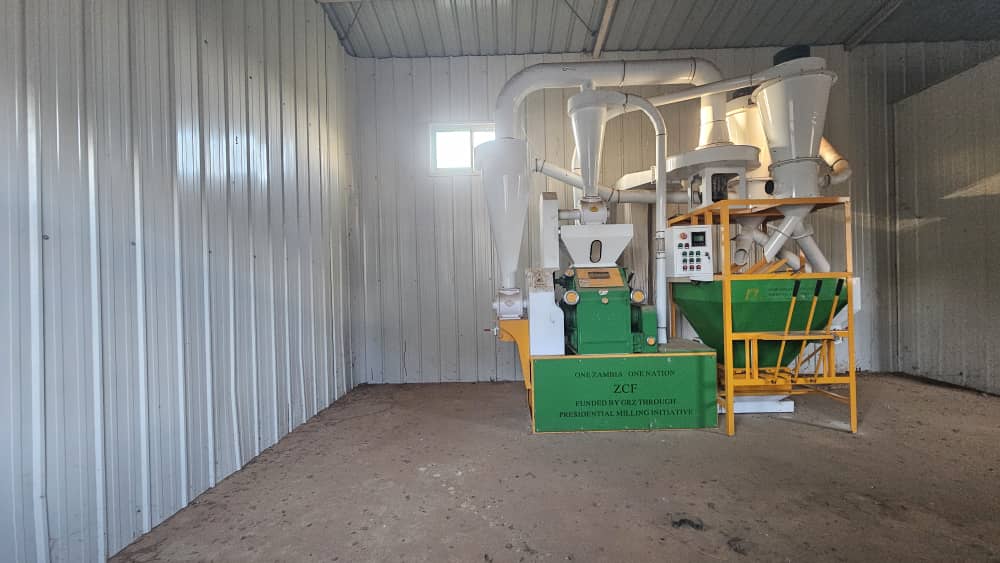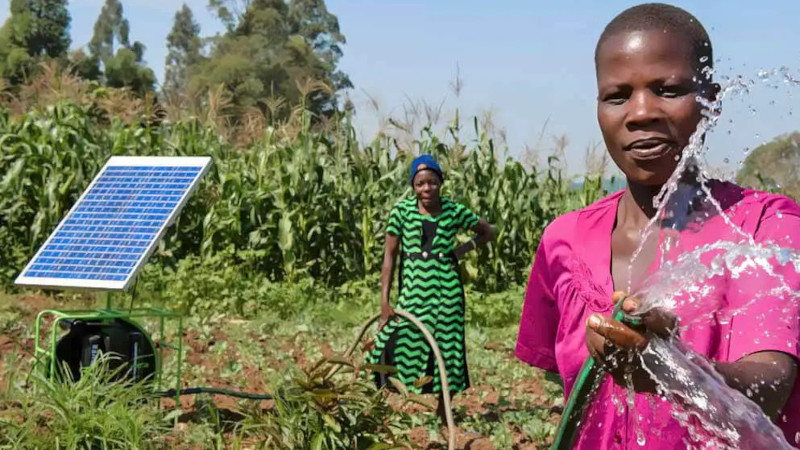Ground Truthing Energy Audits and Surveys for Potential Mini-grid Sites in Zambia
This project, led by Columbia World Projects (CWP) in collaboration with Columbia University’s Quadracci Sustainable Engineering Lab (QSEL) and ICAP Zambia, aimed to generate robust field-level data to support rural electrification efforts in Zambia. Funded by Sustainable Energy for All (SEforALL), the initiative sought to inform site selection and design of mini-grids that are both technically viable and responsive to community needs. M31 Research was contracted to lead field implementation across 95 priority locations in the Southern and Eastern Provinces.
Our Role
M31 Research delivered full-cycle field operations, including government engagement, logistical planning, recruitment and deployment of trained enumerators, and management of all field data collection activities. Our team conducted a wide array of surveys across households, businesses, schools, health centres, and farms—along with technical assessments such as pole inventories and mini-grid site mapping. Particular focus was given to understanding productive use of energy and irrigation potential in drought-affected areas.
Methodology
We adopted a mixed-methods approach, combining quantitative surveys with qualitative methods such as focus group discussions and key informant interviews. Data collection was executed using mobile tools and supported by rigorous daily quality checks, weekly progress updates, and systematic data cleaning protocols.
Key Activities
-
Mobilisation and training of survey teams
-
Engagement with local authorities and stakeholders
-
Implementation of energy audits and site surveys at 50+ locations
-
Focus group discussions with farmers and local leaders
-
Real-time data quality assurance and weekly reporting
-
Final data analysis, reporting, and presentation of findings
Outcome
The assignment produced actionable insights for mini-grid developers and policymakers, revealing key challenges such as the affordability of connections, infrastructure gaps, and drought-impacted irrigation potential. It also identified promising opportunities for expanding productive energy use in rural Zambia. The data and analysis now support national electrification planning through institutions such as the Rural Electrification Authority (REA) and the Presidential Delivery Unit (PDU).

